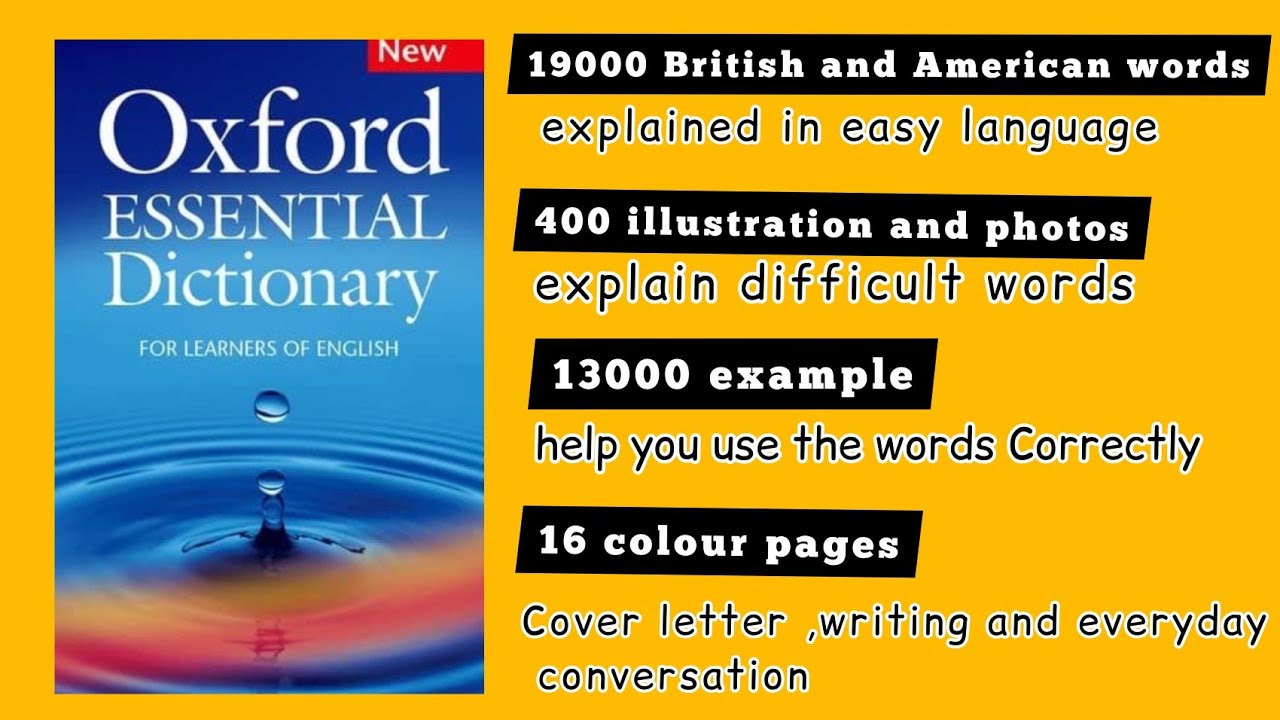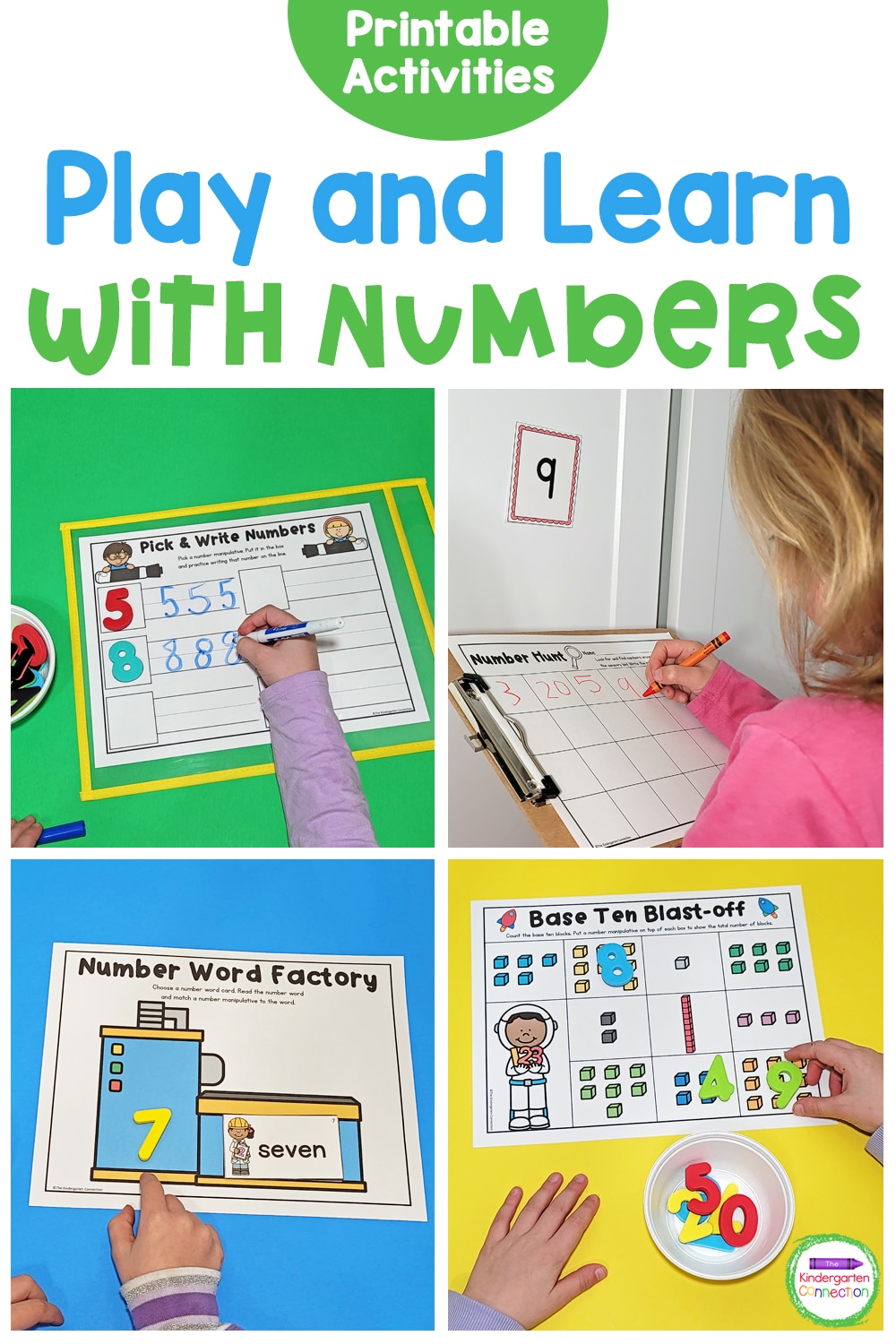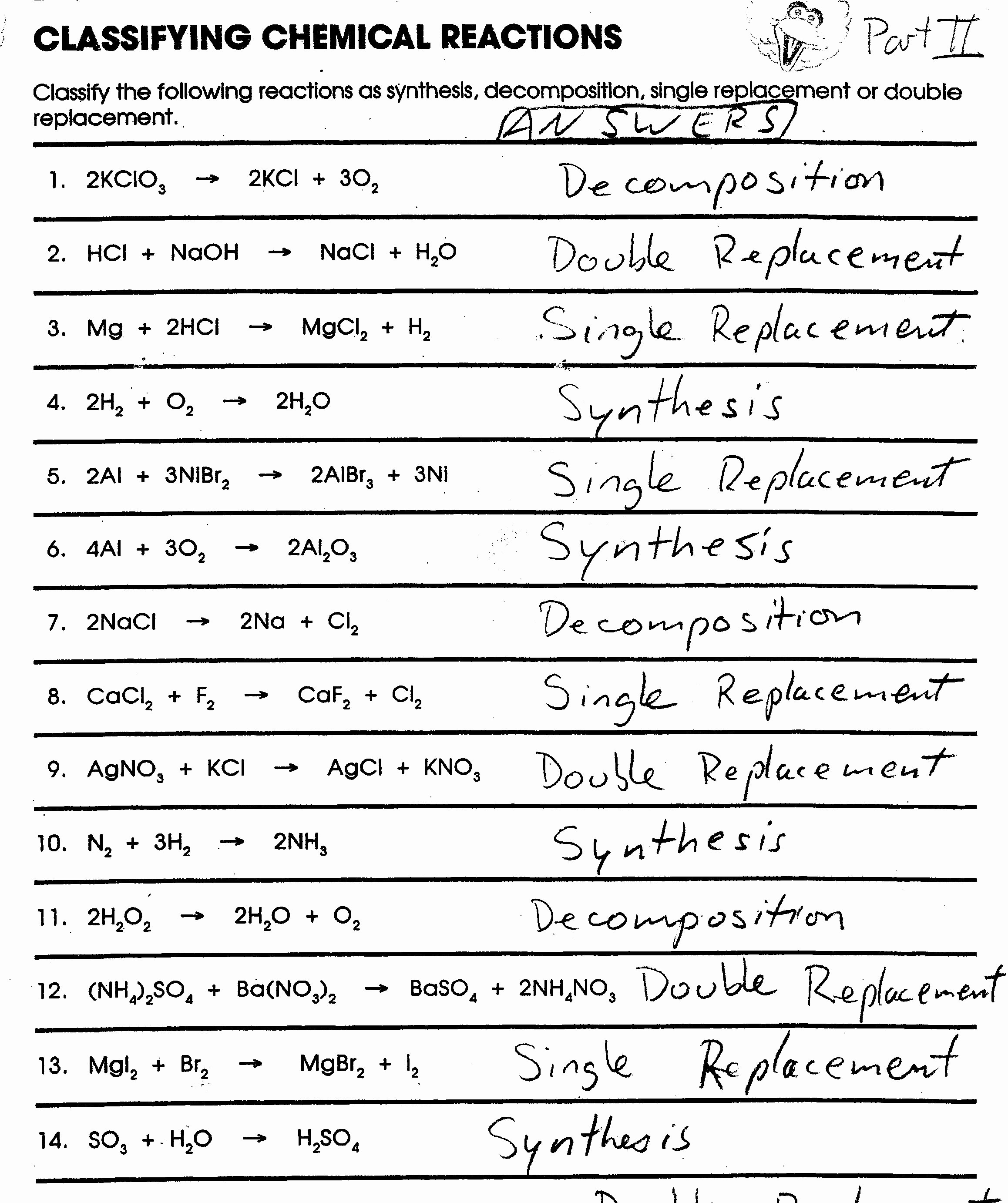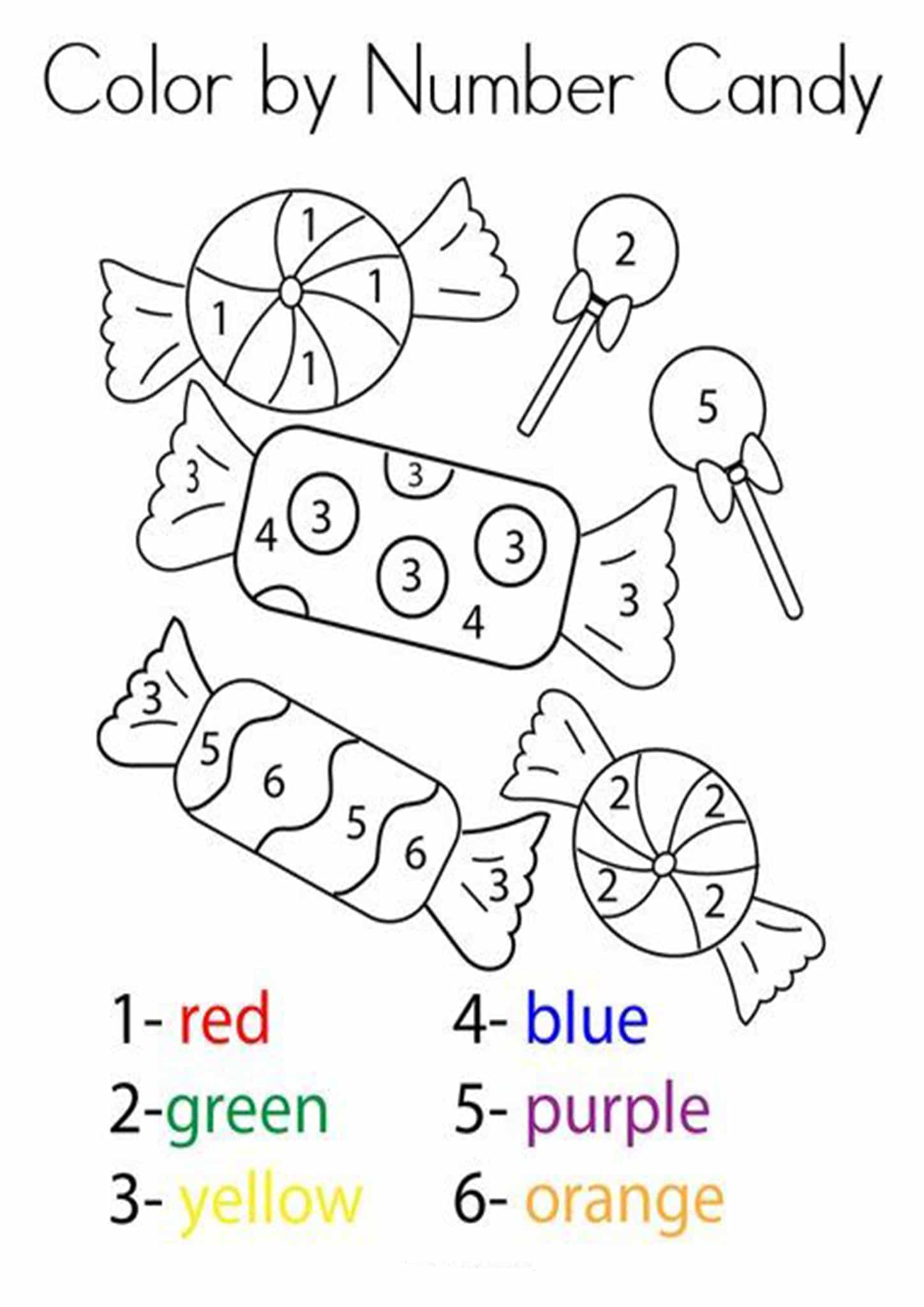7 Essential Dictionary Skills to Master

Mastering the Art of Dictionary Usage
In today’s digital age, where information is readily available online, the importance of dictionary skills may seem diminished. However, having a solid grasp of dictionary usage is still essential for effective communication, precise word choice, and in-depth understanding of language. Whether you’re a student, a professional, or simply a language enthusiast, mastering dictionary skills can significantly enhance your vocabulary, reading comprehension, and writing abilities.
1. Understanding Dictionary Entries
A dictionary entry typically consists of several key components:
- Headword: The main word being defined.
- Pronunciation: The phonetic transcription of the headword.
- Part of speech: The grammatical category of the headword (e.g., noun, verb, adjective, etc.).
- Definition: The explanation of the headword’s meaning.
- Example sentences: Illustrative phrases or sentences showcasing the headword’s usage.
- Etymology: The origin and history of the headword.
Familiarizing yourself with these components will help you navigate dictionaries more efficiently and effectively.
2. Using Dictionary Definitions
Dictionary definitions are concise explanations of a word’s meaning. To get the most out of definitions:
- Read carefully: Pay attention to the wording, as subtle differences can significantly impact the meaning.
- Consider context: Think about how the word is used in different situations and how the definition applies.
- Look for synonyms and antonyms: Expand your vocabulary by exploring related words.
📚 Note: Dictionary definitions are often written in a formal, neutral tone. Be aware that words can have different connotations or nuances in everyday language.
3. Mastering Pronunciation Guides
Pronunciation guides, usually represented by phonetic transcriptions, help you learn the correct pronunciation of words. To use them effectively:
- Familiarize yourself with phonetic symbols: Understand the International Phonetic Alphabet (IPA) or the pronunciation system used in your dictionary.
- Practice pronunciation: Repeat the word out loud, paying attention to stress patterns and syllable division.
4. Identifying Word Origins
Etymology, the study of word origins, can provide valuable insights into language history and word relationships. To make the most of etymological information:
- Explore word families: Discover connections between words sharing common roots or prefixes.
- Understand language influences: Recognize how languages have borrowed words and concepts from each other.
5. Using Dictionary Appendices
Many dictionaries include appendices that provide additional information, such as:
- Glossaries: Lists of specialized terms, often with explanations.
- Conversion tables: Charts for converting units of measurement or time.
- Geographical listings: Lists of countries, cities, or other geographical features.
Familiarize yourself with the appendices in your dictionary to access a wealth of supplementary information.
6. Navigating Dictionary Formats
Dictionaries come in various formats, including print, digital, and online versions. To effectively use dictionaries in different formats:
- Get comfortable with digital interfaces: Learn to navigate online dictionaries, e-books, and mobile apps.
- Understand print dictionary organization: Familiarize yourself with the layout and indexing systems used in print dictionaries.
7. Integrating Dictionary Skills into Your Workflow
To fully benefit from dictionary skills, incorporate them into your daily routine:
- Keep a dictionary handy: Have a dictionary, whether print or digital, readily available for reference.
- Make it a habit: Regularly consult dictionaries to clarify meanings, explore word origins, and expand your vocabulary.
By mastering these essential dictionary skills, you’ll become more proficient in your use of language, improve your communication skills, and enhance your overall linguistic abilities.
Incorporating dictionary skills into your daily routine will help you navigate the complexities of language with confidence and precision.
What is the most important dictionary skill to master?
+Understanding dictionary entries is a crucial skill, as it allows you to effectively navigate and utilize the information provided in dictionaries.
How can I improve my pronunciation using dictionaries?
+Familiarize yourself with phonetic symbols, practice pronunciation, and listen to audio recordings to improve your pronunciation skills.
What are some common dictionary formats?
+Dictionaries come in various formats, including print, digital, online, and mobile app versions.



